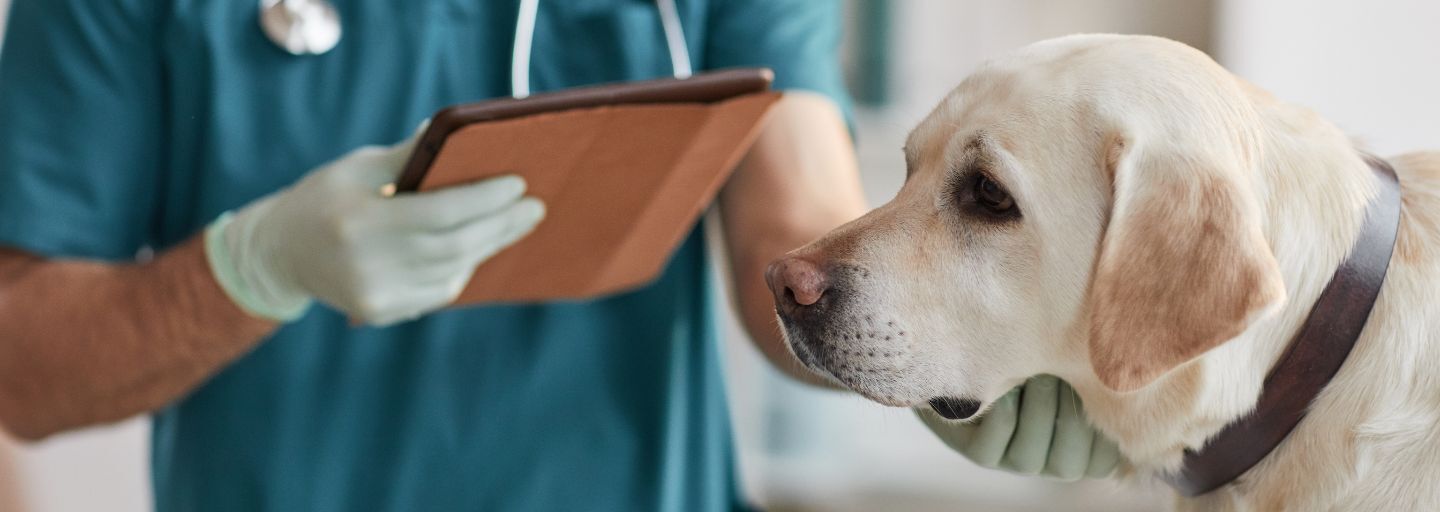Rehoming a dog can be a difficult decision, but sometimes it's necessary when all other options have been exhausted. When looking for a new home for your pet, there are several suggestions and resources you can explore to ensure that your dog finds a loving and suitable environment.
Contacts
One of the first steps you can take is to contact your dog's breeder or the person you originally got your pet from. They might be able to assist you in finding a new home or may even be willing to take the dog back and rehome it themselves. Breeders often have a network of contacts and resources that can be helpful in these situations.
Another option is to reach out to breed rescue groups. These organizations focus on specific breeds and often have waiting lists of people who are specifically interested in adopting that particular type of dog. They can help connect you with potential adopters who are familiar with and experienced in caring for that breed.
If you prefer to rehome the dog yourself, consider speaking with friends and family members first to see if any of them are interested in adopting a pet. You can also advertise your dog in local newspapers, on noticeboards, and through social media platforms. Contacting local veterinarians, groomers, and pet stores to see if there is any interest from the public can also be beneficial. However, it's important to take precautions and not advertise your pet as a giveaway. Screen potential adopters by asking questions and requesting references to ensure that your dog is going to a safe and suitable home.
The internet can be a powerful tool in the rehoming process. Take appealing photos of your dog and create an online account that highlights their best features and behavior qualities. There are numerous websites, such as www.petrescue.com.au, that offer free services for you to post information about your pet. Utilizing these platforms can significantly increase the visibility of your dog and attract potential adopters.
Ensuring that your pet is spayed or neutered before rehoming is also crucial. This helps minimize costs for the new owners and promotes responsible pet ownership. It's essential to prioritize the well-being of your pet and the potential adopter by providing them with a healthy and sterilized dog.
Responsible Rehoming
If you're unable to find a suitable home through the aforementioned methods, you can surrender your pet to a local pound, shelter, or veterinary clinic. These organizations, such as the AWL (Animal Welfare League), have experience in rehoming and caring for companion animals. When surrendering your dog, it's crucial to disclose all relevant information about their behavior. If your dog has any aggression issues or specific needs, it's important to inform the organization so that they can find an appropriate match and provide the necessary support.
In any circumstance, it's essential to remember that abandoning your dog in a foreign neighborhood, wooded area, or park is never a responsible choice. Domestic dogs rely on human care and are not equipped to fend for themselves in the wild. If left alone, they may face starvation, encounter dangerous predators, or get injured by motor vehicles. It's our responsibility as pet owners to ensure the well-being of our animals, even if it means finding them a new home.
Rehoming a dog can be a challenging process, but there are several options available to help you find a suitable and loving home for your pet. Whether you reach out to breeders, rescue groups, or use online platforms, it's crucial to prioritize the well-being of your dog and screen potential adopters carefully. By taking these steps and being responsible throughout the rehoming process, you can ensure that your dog finds a new home where they will be loved and cared for.







